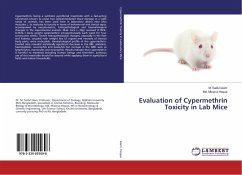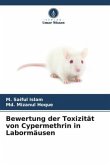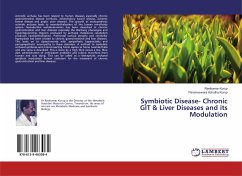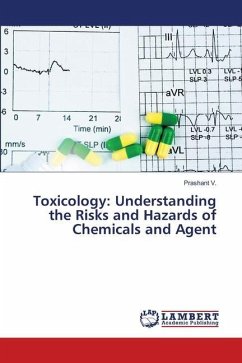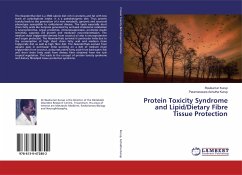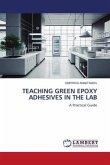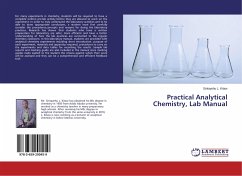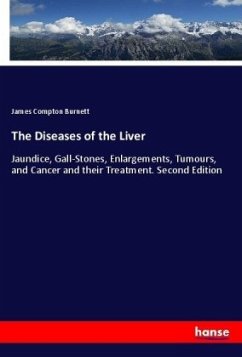Cypermethrin, being a synthetic pyrethroid insecticide with a fast-acting neurotoxin known to cause free radical-mediated tissue damage in a wide range of animals, has been used here in laboratory albino mice Mus musculus L. to evaluate its toxicity in terms of behavioural and clinical signs, accompanied by morphometric, histopathological and haematological changes in the experimental animals. Male mice (~20g) received 0.10mL-0.25mL-1 body weight cypermethrin intraperitoneally each week for four consecutive weeks. Severe histopathological changes, especially in the liver and kidneys, coupled with weight loss of organs and necrosis of various body parts, were noticeable. Haematological profile of the cypermethrin-treated mice revealed statistically significant decrease in the RBC, platelets, haemoglobin, neutrophils and basophils but increase in the WBC such as lymphocytes, monocytes and eosinophils. Results indicate that cypermethrin is harmful to mammals including human beings and therefore, judicious use of this insecticide should be assured while applying them in agricultural fields and indoor households.

